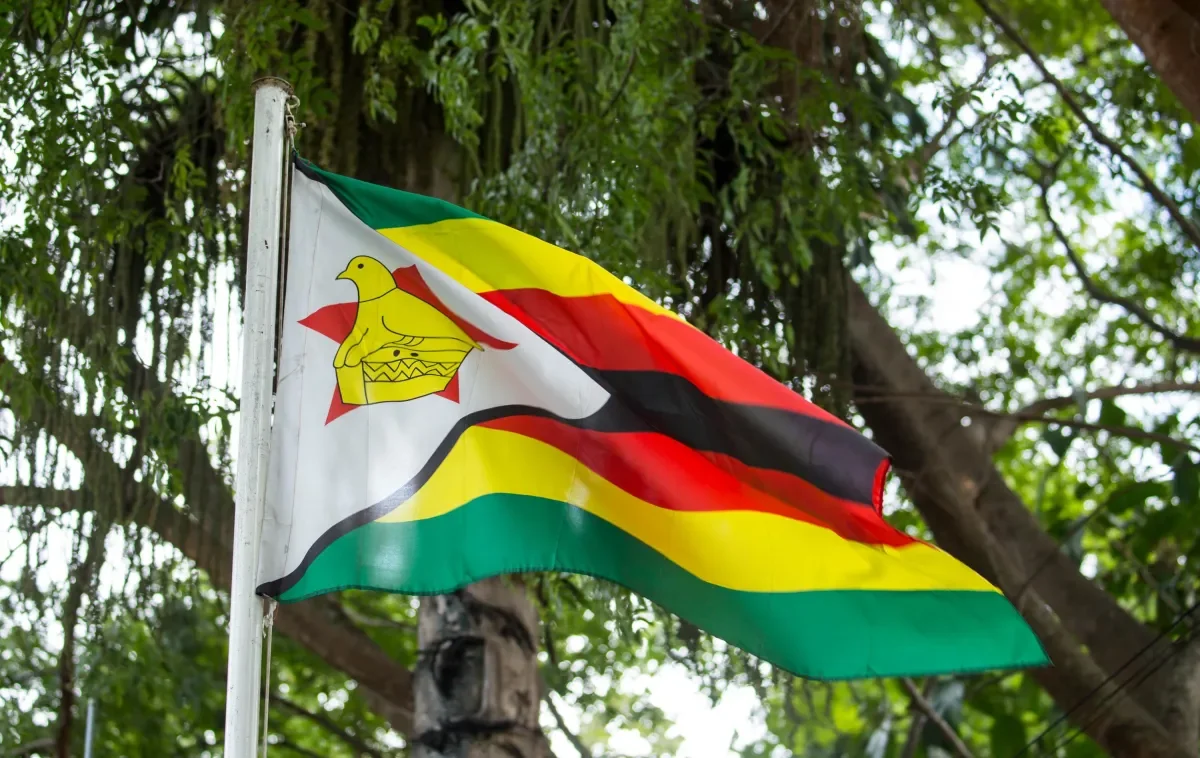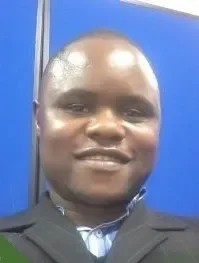

DCU University of Sanctuary graduate 'living the Irish dream'
In Zimbabwe, as a resident of Matabeleland in the southwest of the country, Davis was regarded as an enemy of the state, as the people from that region are hostile to the ruling party. It was stressful to be watched as an opponent of the regime, he says, and then there was the economic stress that came from not being able to live comfortably or own a home.
Davis went ‘across the river’ into South Africa when he finally made the difficult decision to leave home, and his brothers and sisters. Life over the border was not much better, he says, as Zimbabweans were regarded as a problem immigrant population by the locals. He ended up living in a notorious shanty town where bodies often lay in the streets following violence.
While in South Africa, he came across people who offered to bring him to a place called Ireland, for a fee. He knew little about Ireland, except that Irish priests were often teachers at Catholic schools like the one he attended in Zimbabwe. However, he decided that the grass was probably greener than where he was in the shanty town so he decided to give it a try.
In 2009, he arrived in Ireland. His original plan was to do a diploma in motor mechanics, but he soon realised that, with so many family garages, it would be a hard industry to break into in Ireland.
He was living in Direct Provision in Longford, and initially not permitted to work, but he did eventually get hired on a community employment scheme. When working there, a lady he was working with offered him a booklet about the University of Sanctuary scheme.
“I sent them an email and did the entrance exams for a course in psychology,” said Davis. “I had no prior knowledge of psychology when I did the exams, but after I did them, they said, okay we think you can do it."

Racism
Davis recalls that white tourists in Zimbabwe could be nice, so he was surprised to hear racist remarks from people when he came to Ireland. He remembers while living in Direct Provision being refused service in a local shop in Longford. He was also, along with some friends, prevented from entering a club, because they had no ID. When the gardai were called, they did little to help, said Davis, and threatened to arrest them if they didn’t leave.
However, he says that Ireland has become more tolerant and welcoming since he first came here. Davis says that he too has become more tolerant these days.
“If you came to me in 2009 and you spoke about the LGBT community, I would have a totally different view from what I have today,” said Davis. “You lose nothing by accepting other people.”
He met his partner in Ireland and they have children, who are Irish and see Ireland as their country.
“They still like to hear the stories I tell them about growing up in Zimbabwe, about going to school barefoot and where our teachers would sometimes hit us with a stick.”
Davis now plans to do a Masters degree and this must be done in addition to his full-time work. This means that on the weekends he will be obliged to ‘jump into books’ and that he will, again, have very little spare time left for his partner or kids until his degree is finished.
It can be very challenging being a distance learner on your own, said Davis, as you often think of giving up and don’t have the support of other students available. However, once he passed the first semester he started to believe in himself and that he could go all the way.
Davis works full-time in a homeless shelter in Dublin where he often acts as ‘de facto’ counsellor or psychologist and he gets huge satisfaction from this. Without this education, he says, he’d have been working as a security guard, in a supermarket, or in the care industry. He is now an Irish citizen, as are his children. He is happy enough, despite some challenges, with no plans to return to Zimbabwe.
“I can say that I’m living the Irish dream,” says Davis.
